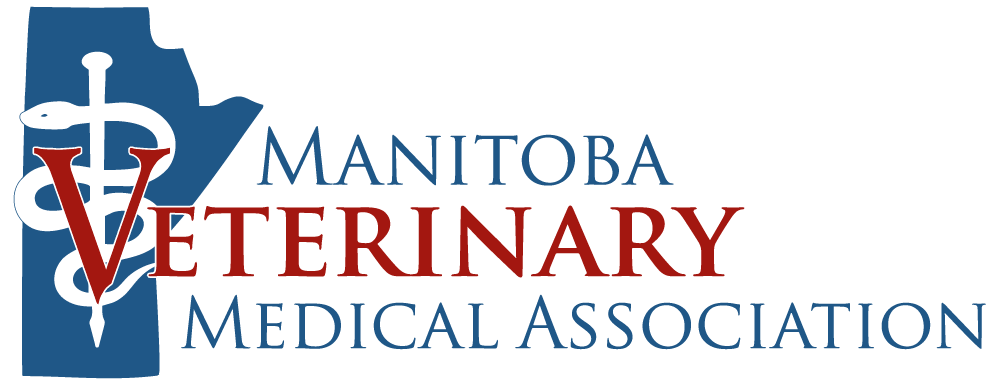Good Customer Service Benefits All Customers, Two & Four Legged
Pets, fur babies, or four-legged family members positively affect the lives of people with disabilities in many ways. Pets provide companionship, help to establish routine, improve mental health, and encourage us to stay physically active.
Animals are also helpful for people with disabilities in official ways. When thinking of people with disabilities and animals, service animals often come to mind. Service animals are trained to assist a person with a disability in a way that relates to the person’s disability.
In the world of veterinary medicine, we witness the strong relationships between our patients and their humans (our customers) everyday. Improving accessibility for your customers, through the removal of barriers, at your practice is good for business. Accessibility barriers are obstacles that make it harder for people with disabilities to participate fully in every day life and can prevent them from accessing much needed services.
Ensuring your business is barrier-free means that all people have the same opportunity to access goods and services. If your practice is barrier-free you will not only attract and retain customers with disabilities, you will also attract their friends and family to your practice.
Manitoba has regulated the Accessible Customer Service Standard under The Accessibility for Manitobans Act (AMA). The Accessibility Standard for Customer Service requires your practice to introduce policies, practices, and measures to:
- Meet the communication needs of customers experiencing barriers.
- Accommodate the use of assistive devices, such as wheelchairs and oxygen tanks.
- Welcome support persons.
- Allow service animals in areas where the public is generally permitted.
- Maintain existing accessibility features, such as ramps and power doors.
- Let the public know when and why an accessibility feature will be unavailable.
- Welcome and respond promptly to feedback related to accessibility.
- Provide the required training to employees, volunteers, and management.
- If your practice has 50 or more employees, keep a written record of your accessibility and training policies and make them available upon request.
The Accessibility Standard for Customer Service does not require changes to the built environment. In Manitoba, The Building Code enforces accessibility requirements on new builds or ones undergoing significant renovations. Although this is the case, the accessibility standard for customer service does require that any existing accessibility features, such as ramps or power doors, be maintained to be used as intended. If a feature is temporarily unavailable, the standard requires you to let the public know when and why it will be unavailable and include information on when the feature will be back in service. It also requires you to let the public know if there are alternative ways to access your goods and services, while the feature is unavailable.
The Manitoba government has resources in place to assist businesses, including veterinary practices, to meet regulated accessibility standards. Resources available to your practice include:
- Manitoba Accessibility Office (MAO)
- The MAO website contains many different tools to support accessibility and resources to help your practice meet accessibility standards. Visit ca to learn more.
- The MAO has an online training portal to help Manitoba employers and organizations meet the training requirements outlined by the accessibility standards.
- Accessibility News is an electronic newsletter published by the MAO to help keep Manitobans informed about accessibility across the province. Subscribe to Accessibility News to stay current with information you need to know about accessibility laws in Manitoba and why accessibility is important for everyone.
- Manitoba Accessibility Fund (MAF)
- This is a new grant program designed to distribute funding to businesses, municipalities, professional associations, and non-profit organizations in Manitoba to help remove barriers encountered by people with disabilities and to promote accessibility.
- Over 100 organizations across Manitoba applied to MAF during the first intake held in spring 2022.
- The 2023/24 MAF Application Guidelines describe the scope, eligibility, assessment criteria, and selection process. The next intake opens on January 30, 2023. Visit ca to learn more about MAF and to apply.
- Accessibility Compliance Secretariat (ACS)
- The Secretariat can answer questions and address concerns related to compliance with The Accessibility for Manitobans Act and the accessibility standards.
- If your practice is required or decides to write a policy that meets accessibility standards, the Secretariat can review your policy and offer feedback.
- Staff at the Secretariat can share helpful tools and resources to assist your organization to increase service accessibility and comply with accessibility standards. To contact the Accessibility Compliance Secretariat, email accessibilitycompliance@gov.mb.ca.
Most solutions to remove barriers will be simple and your customers will appreciate the consideration. If you notice that someone is having difficulty accessing your services, a good starting point is to ask: How can I help you?




